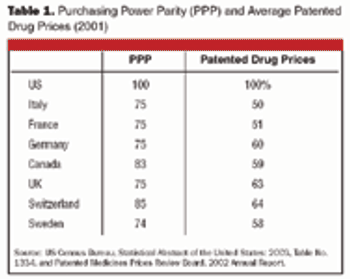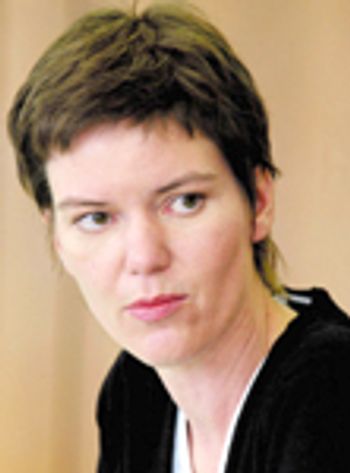
On April 26 the National Academies of Sciences and the Institute of Medicine released guidelines for human embryonic stem (hES) cell research, the result of eight months of deliberations by a human research ethics committee I co-chaired with MIT's Richard O. Hynes. Composed of scientists, physicians, lawyers, ethicists, a social scientist, and a private citizen, the committee held a two-day public workshop and numerous meetings. We also reviewed international guidelines, policies, and procedures in this field.













